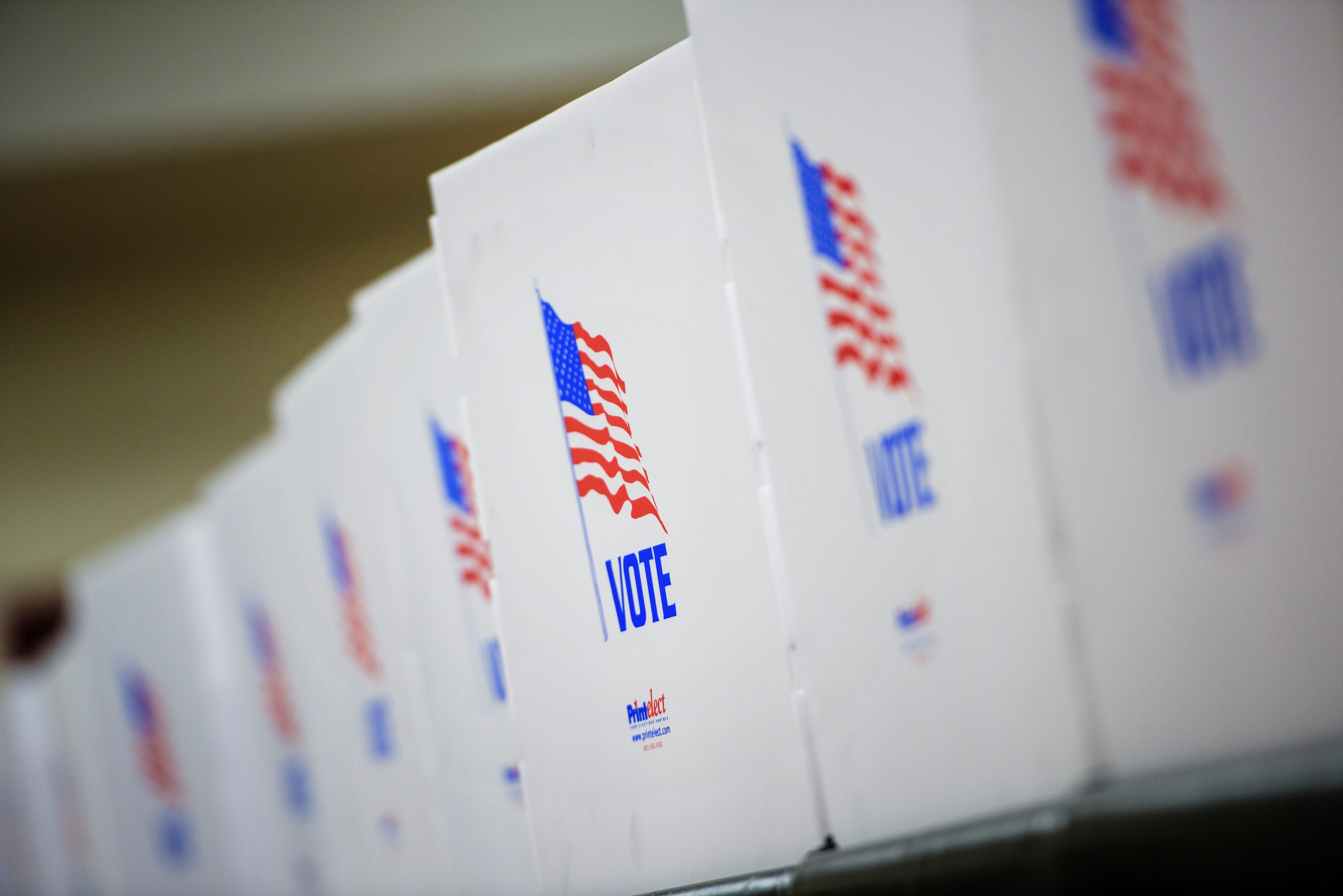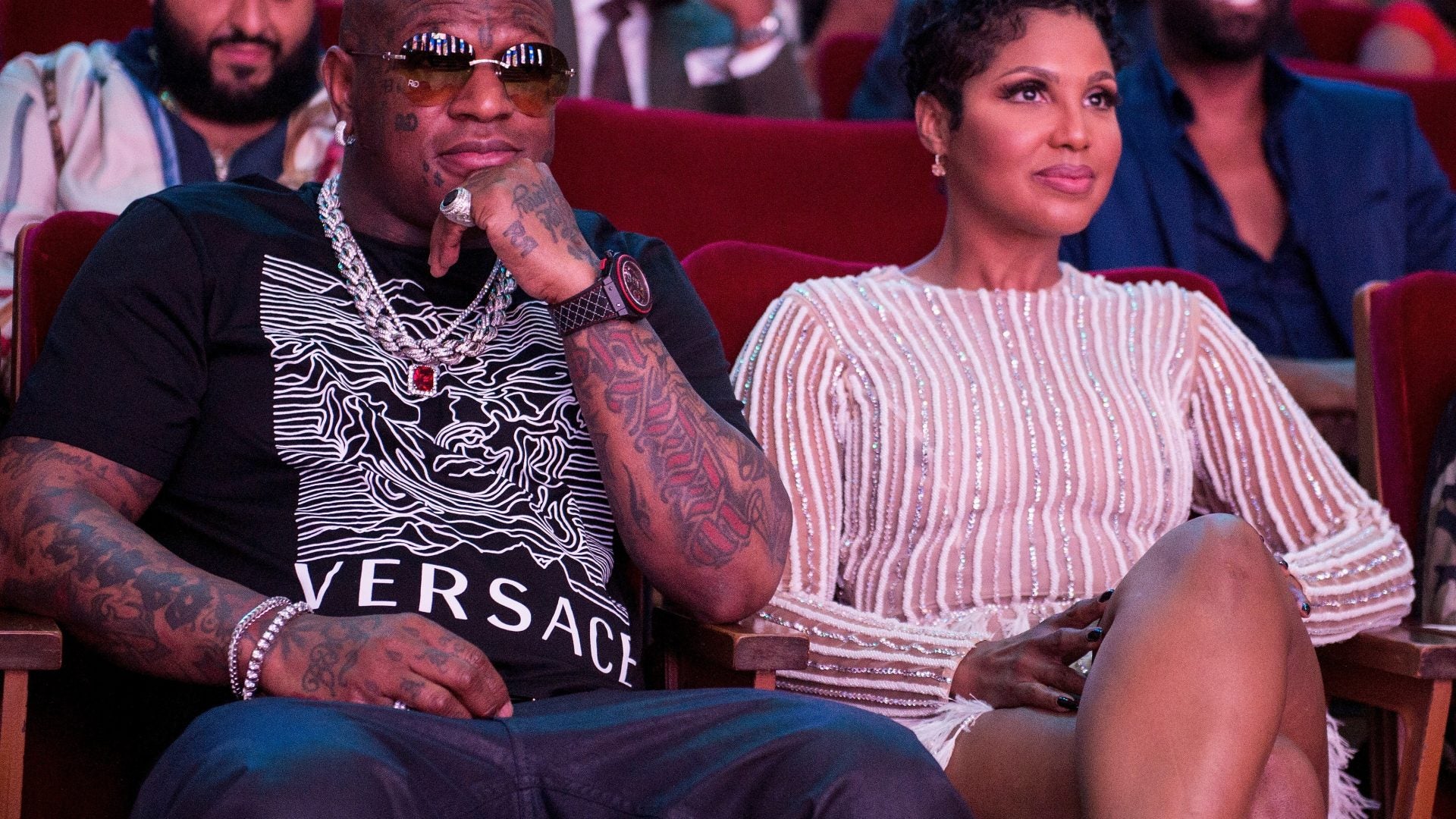
The effect that voter suppression efforts targeting the African-American community would ultimately have on the outcome of the
2016 presidential election has been a concern for the duration of the campaign season––and it seems the worst of our worries have come to pass.
The gutting of the 1965 Voting Rights Act by Republican Supreme Court Justice John Roberts marked a turning point in American politics that would ultimately serve to the detriment of Black voters in the next presidential election. Among other things, the 2013 ruling resulted in changes to key policies associated with the law that originally provided for protection against many of the discriminatory practices that previously kept limited voting opportunities for people of color or prevented from being able to vote altogether.
Subscribe to our daily newsletter for the latest in hair, beauty, style and celebrity news.
In the three years since the ruling, Republican lawmakers have worked non-stop to push for the implementation of voter suppression tactics that have proven to drastically reduce the Black voters turnout in elections. The original Voting Rights Act played a crucial role in prohibiting many of the openly discriminatory voting practices that GOP leadership has been legally allowed to utilize in recent years in light of the 2013 ruling.
Most recently, the Trump campaign admitted to putting voter suppression tactics in place to keep Black people and women away from
the polls in an effort to decrease the number of people voting for Hillary Clinton in crucial swing states during the 2016 presidential election.
While the exact impact of voter suppression tactics and the gutting of the 1965 Voting Rights Act has had on Black voters as a whole has yet to be determined, it’s certainly safe to question how the first presidential election since the act was revised would have likely turned out had it been left alone.





